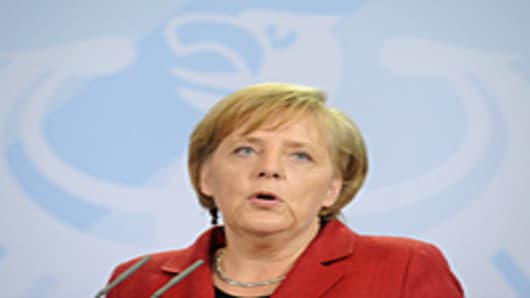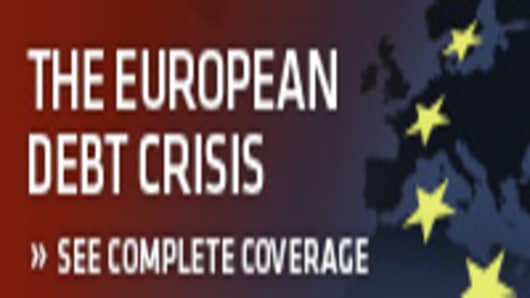It seems I spend more and more of my time thinking about leadership and expectations.
The combination can be an amazing positive force in not only personal, but public lives.
When action/inaction stems from low expectations and translates into lack of action, the outcome can be just as powerful. Europe is a perfect study of both cases.
I think by now, most everyone is familiar with the dishonesty of the Greek government’s fiscal position as well as the Greek taxpayer’s propensity to avoid paying what is legally required.
Both have been stunning in their brazenness and stunning in the negative impact towards European debt and equities. Clearly, both felt they could game the system and be rewarded with the fruits of belonging to a group that they cheated to gain entrance into and cheated to remain in the club.
For Greece, the process lasted 10 years, but it finally caught up to them.
It’s like a student coming out of university having never worked, with loads of credit card debt, then being surprised when no one wants to hire them.
Did they think that the world was going to give them a free pass and further enable their bad behavior? Employers and lenders have a funny way of looking at this: they offer neither employment nor more money.




